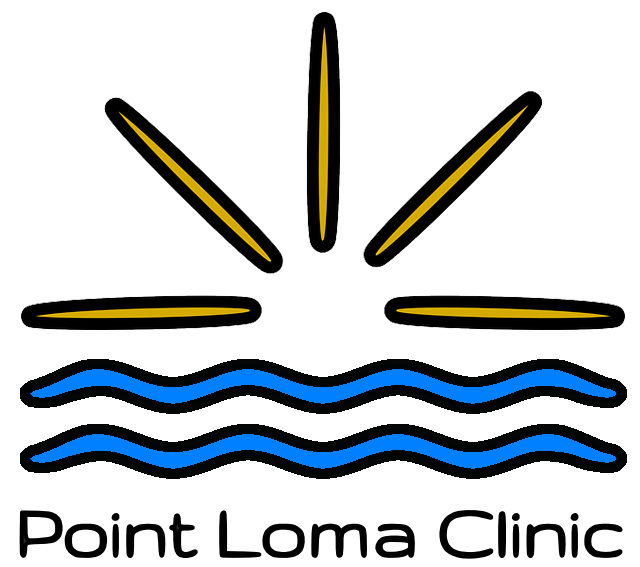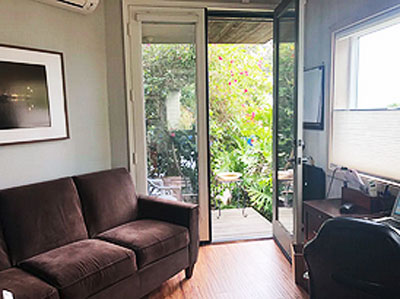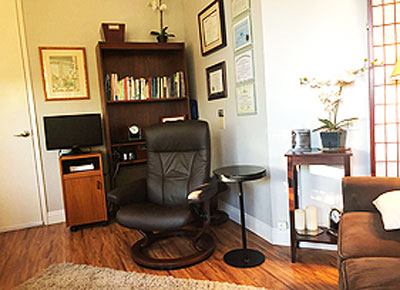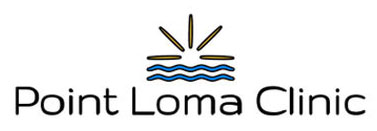Ketamine Clinic


Why Choose Us as a Ketamine Clinic?
Patients get individualized treatment at our ketamine clinic. The treatment is administered and monitored by Dr. Papp himself. There will be no other patients receiving ketamine while you are with us.
Each treatment visit is scheduled for two hours. It begins with an assessment of your response to the prior treatments, setting up monitoring and making sure the room feels comfortable for you. The ketamine effect itself (the “trip”) lasts for about 40-70 minutes. The visit concludes with a discussion of the experience and making a plan for the next treatment.
Our treatment rooms are serene and comfortable, helping to make the experience more enjoyable. While in the treatment room, your vital signs will be continuously monitored to assure your safety. You will also be under remote video observation, so that at any time, your doctor can know how you are doing while under the medication’s effects.
Improvement can be rapid. Some patients feel less depressed within 12-24 hours. However, patients would be advised to commit to 4 – 6 treatments, since it may take that long to notice a meaningful effect. A minority of patients do not get sufficient benefit from this treatment even after 6 visits.

What Makes Ketamine Different?



Integrating psychotherapy with ketamine treatment can enhance its benefits, as studies suggest a synergistic effect between the two. At our ketamine clinic, we employ “Ketamine Coordinated Therapy,” strategically timing psychotherapy sessions before and after medication administration to optimize outcomes.
By planning sessions to coincide with periods of heightened brain connectivity induced by ketamine, typically 1-2 days post-administration, we aim to leverage the flexibility and insight facilitated by these new neural connections. Additionally, psychotherapy aids in integrating experiences from medication sessions, maximizing the therapeutic potential of the treatmen
Why Add Psychotherapy to Ketamine?
Is the Point Loma Clinic a Typical Ketamine Clinic?
What Type of Ketamine is Used?
Ketamine can be administrated in a number of ways: directly into tissue (the intramuscular, intravenous or subcutaneous routes), or though mucous membranes (the intranasal, sublingual or oral routes). The absorption of this medication is the most reliable when administered via the intramuscular, intravenous, or subcutaneous routes. Research has not found any difference in the effectiveness between these three treatment methods. At the Point Loma Clinic, we use the intramuscular route due to its simplicity. If you are interested in the intranasal spray formulation Spravato (esketamine), you may learn more on the product’s website. We do not prescribe compounded ketamine for home use because we do not consider that practice to be safe. You can be assured that your safety is one of our primary concerns.
Ketamine, originally used for anesthesia and acute pain management, has gained attention for its promising role in treating severe depression and other mental disorders due to its fast-acting nature.
In addition to depression, studies with ketamine suggested effectiveness in PTSD, premenstrual disorders, bipolar depression, and OCD. Psychiatric doses are very low compared to other uses.
When Ketamine is used as a “party drug”, it’s taken in much higher doses than that used in medicine. Ketamine in psychiatry is given in a controlled setting and is extremely unlikely to lead to abuse or dependence.
Learn More
Watch a short video by Dr. Papp, which he presented online at the Ketamine and Related Compunds for Psychiatric Disorders Conference, 2024 in Oxford England.

